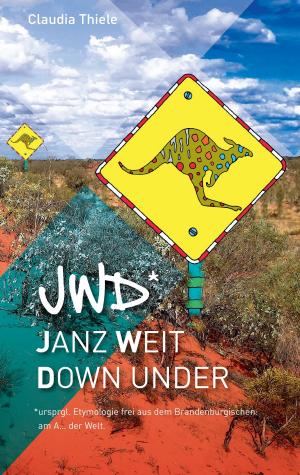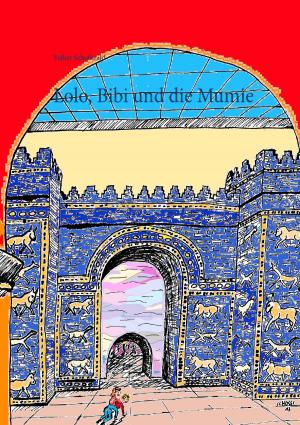| Author: | W.F.G. Lacroix | ISBN: | 9783740793173 |
| Publisher: | TWENTYSIX | Publication: | March 21, 2017 |
| Imprint: | Language: | English |
| Author: | W.F.G. Lacroix |
| ISBN: | 9783740793173 |
| Publisher: | TWENTYSIX |
| Publication: | March 21, 2017 |
| Imprint: | |
| Language: | English |
The Sudan - the area to the south of the Sahara - has remained unknown to the classical world. Even Ptolemy (2nd century) had no idea of the peoples who lived there. That has been ascertained already more than a century ago, and it is the standard opinion to this very day. Lacroix calls into question again this idea. Was de Sahara really that nearly unsurmountable barrier to knowledge, that it is considered to have been? Or might it be that we have to do here with some sort of wishful thinking of 19th-century geographers? People dreamed of great discoveries. What could be more welcome, in those circumstances, than an undiscovered and unknown African inland? Might it be possible that the Sudan belonged to the classical world after all? It all depends on the answer to the question if the Sudan is on Ptolemy's map of Africa, yes or no. In this book the author explores the different arguments for an unknown Sudan, that have been put forward through the years. Can they stand up to any serious criticism? On a former work of Lacroix, Africa in Antiquity, the critic wrote: Lacroix produces considerable evidence for his topographical identifications from an entirely new perspective, which should be considered by future scholars of the Geographia. Much discussion can ensue, and relevant information can be found there. - Journal of African History. 1998
The Sudan - the area to the south of the Sahara - has remained unknown to the classical world. Even Ptolemy (2nd century) had no idea of the peoples who lived there. That has been ascertained already more than a century ago, and it is the standard opinion to this very day. Lacroix calls into question again this idea. Was de Sahara really that nearly unsurmountable barrier to knowledge, that it is considered to have been? Or might it be that we have to do here with some sort of wishful thinking of 19th-century geographers? People dreamed of great discoveries. What could be more welcome, in those circumstances, than an undiscovered and unknown African inland? Might it be possible that the Sudan belonged to the classical world after all? It all depends on the answer to the question if the Sudan is on Ptolemy's map of Africa, yes or no. In this book the author explores the different arguments for an unknown Sudan, that have been put forward through the years. Can they stand up to any serious criticism? On a former work of Lacroix, Africa in Antiquity, the critic wrote: Lacroix produces considerable evidence for his topographical identifications from an entirely new perspective, which should be considered by future scholars of the Geographia. Much discussion can ensue, and relevant information can be found there. - Journal of African History. 1998















